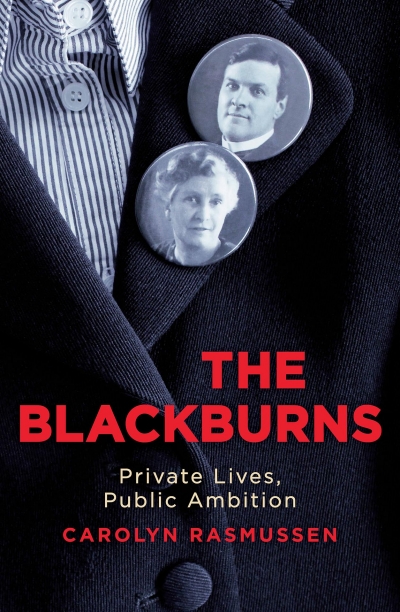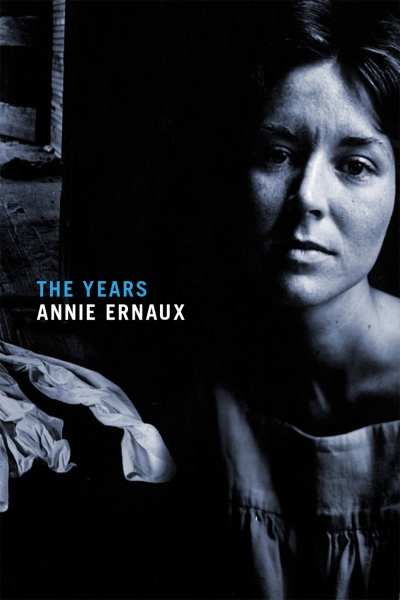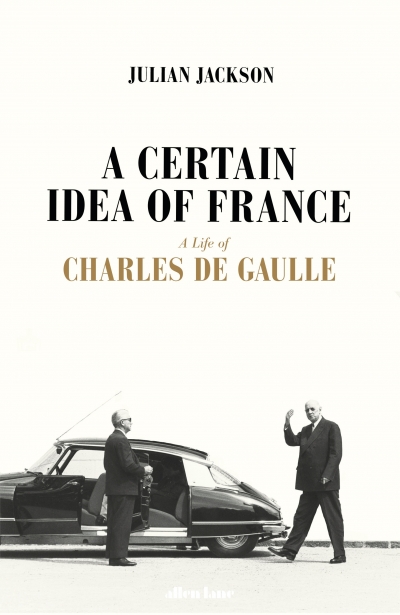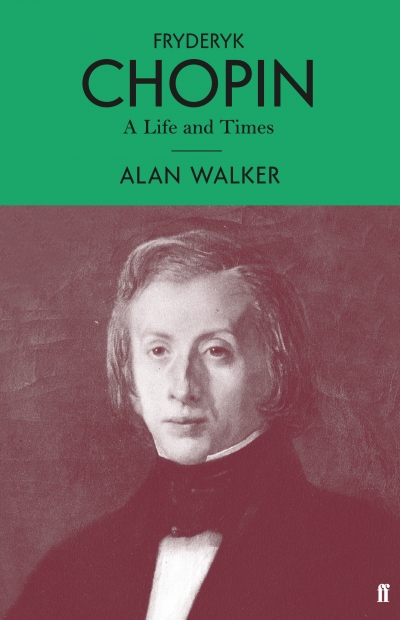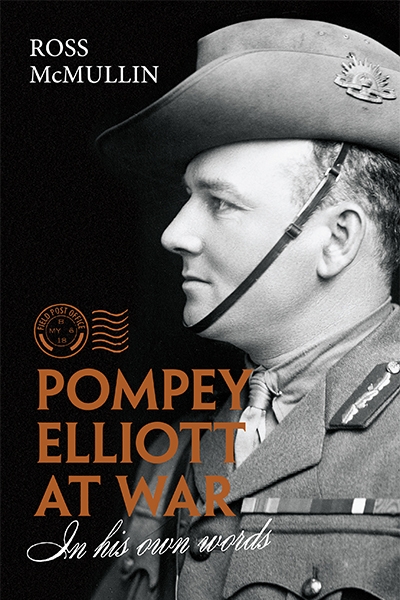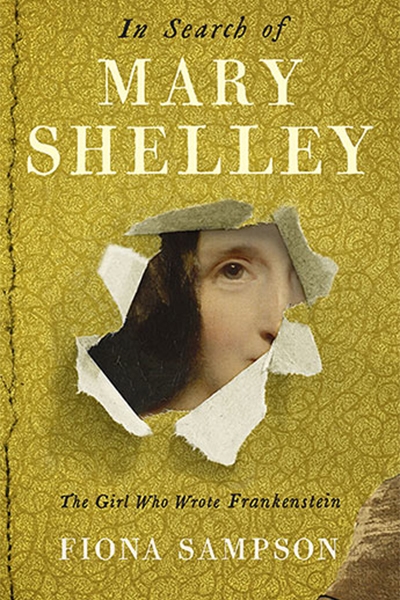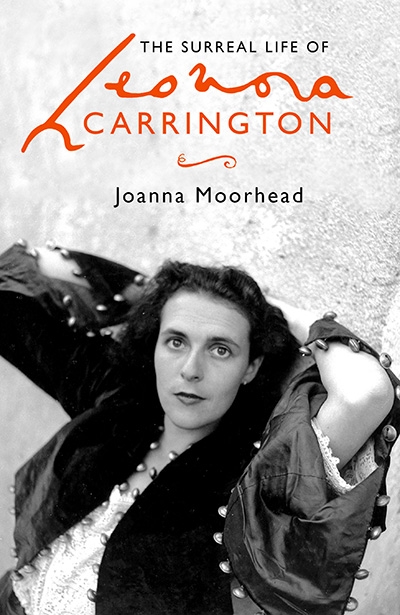Biography
The Blackburns: Private lives, public ambition by Carolyn Rasmussen
by Jacqueline Kent •
A Certain Idea of France: The life of Charles de Gaulle by Julian Jackson
by Rémy Davison •
The Boy from Brunswick: Leonard French, A biography by Reg MacDonald
by Sheridan Palmer •
In Search of Mary Shelley: The girl who wrote Frankenstein by Fiona Sampson
by Geordie Williamson •
The Surrealist Life of Leonora Carrington by Joanna Moorhead
by Gabriel García Ochoa •
Truth’s Fool: Derek Freeman and the war over cultural anthropology by Peter Hempenstall
by Simon Caterson •

